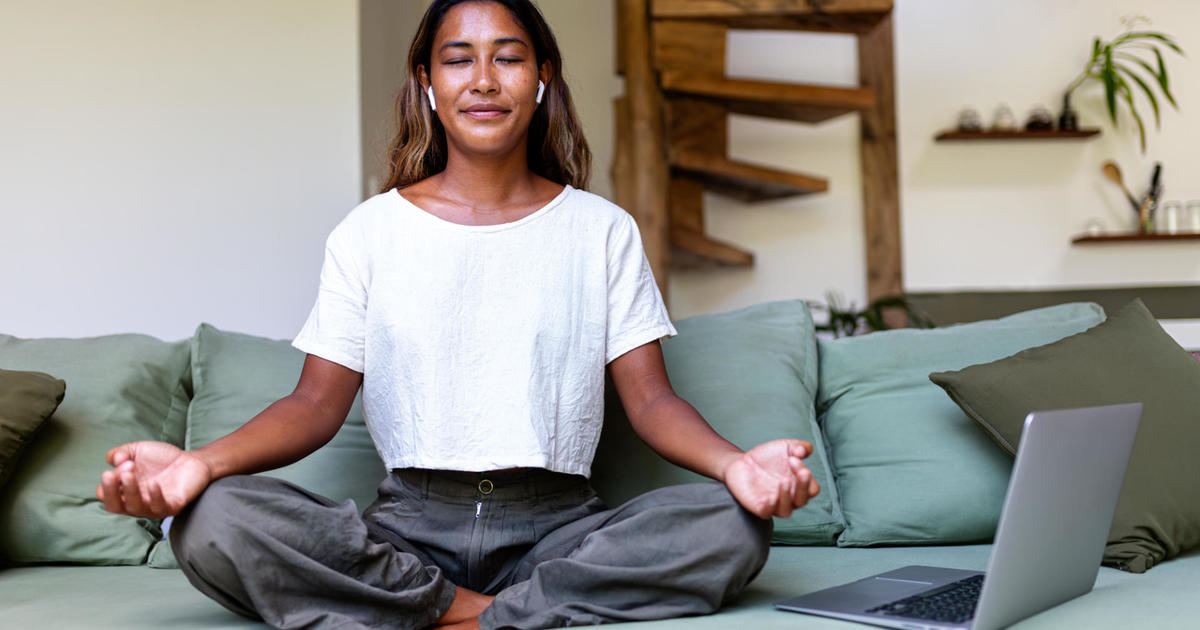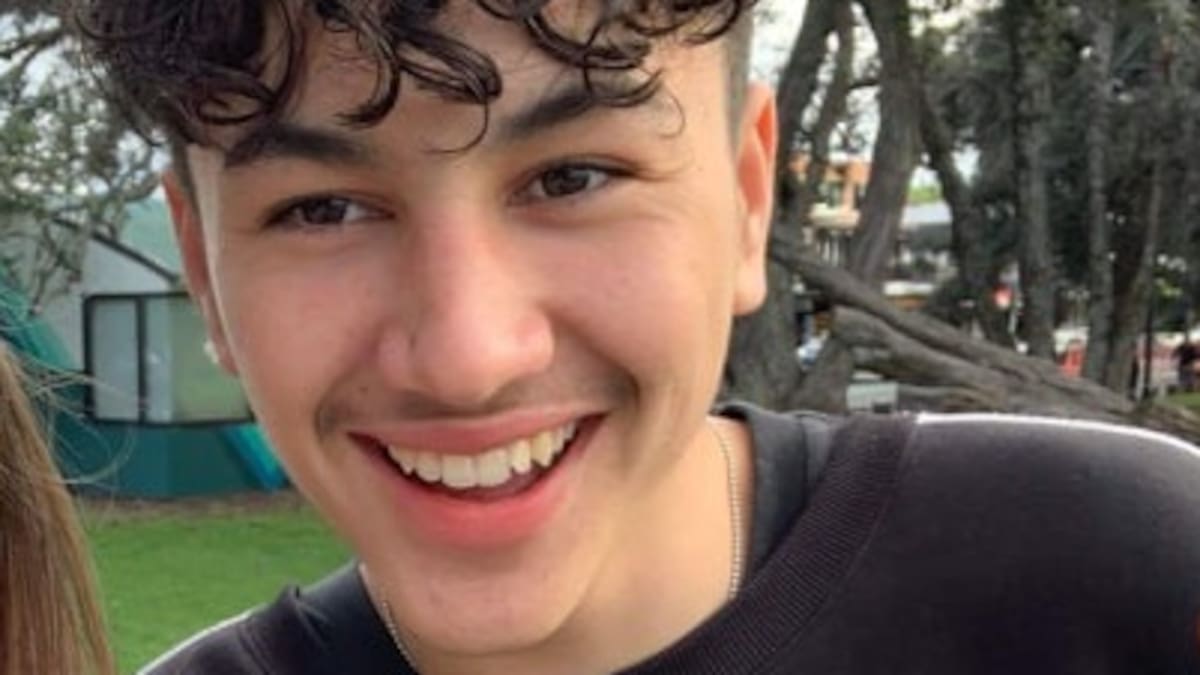Title: Meditation as Effective as Medication in Treating Anxiety, Study Reveals
From a global health perspective, anxiety is a condition that millions of people struggle with, not just in the U.S. but worldwide. Recently, a groundbreaking study has revealed that meditation could treat anxiety as effectively as medication. This news, announced to coincide with World Mental Health Day on October 10th, gives hope to those who may be seeking alternative, non-pharmaceutical treatment approaches for anxiety.
According to the study, there’s potential in mindfulness meditation being as effective in battling anxiety disorders as traditional medication. The positive side of this finding is that meditation can be used to alleviate symptoms without putting the patient at the risk of experiencing adverse side effects, which are often associated with medication.
The research was conducted by several notable institutions and involved an examination of 276 adults suffering from various anxiety disorders. These disorders included social anxiety, general anxiety, and panic disorder. To ascertain the effectiveness of mindfulness meditation in treating these conditions, a comparison was carried out against a common medication used to treat anxiety—escitalopram, widely known by its brand name, Lexapro.
Upon implementing the study, the individuals were split into two groups; one group underwent weekly mindful meditation classes while the other group was treated using the medication. The study results after eight weeks were startling; participants from both the medication and meditation groups experienced noticeable decreases in their anxiety symptoms. Astonishingly, there wasn’t a significant difference between the results of the mindfulness meditation group and those of the medication group.
From these findings, it’s safe to conclude how promising mindfulness meditation could be in managing anxiety disorders. With such results, mindfulness meditation can potentially transform the mental health world by providing a holistic alternative to medication treatments for anxiety.
It is important, however, to discuss these findings with a healthcare professional before making any changes in your treatment plan for anxiety or any other mental health disorder. As promising as mindfulness meditation may be in managing anxiety disorders, each person may respond differently to different treatment methods, and it is crucial to prioritize personalized care plans created in collaboration with healthcare providers.
Moreover, it’s worth noting that implementing mindfulness practices requires consistency, patience, and commitment. While a medication treatment plan might involve taking a prescribed pill daily, meditation involves embarking on a journey of self-awareness and discipline. For it to be effective, practitioners should practice regularly and with dedication, much like maintaining a healthy diet or physical exercise regimen.
In sum, the implications of this study are undeniably profound, as they open new avenues for treating anxiety disorders. Further research is necessary to corroborate these findings and establish long-term effects and potential limitations of mindfulness meditation as a treatment for anxiety. Nonetheless, this research has critical consequences for the field of mental health and provides hope for millions worldwide seeking holistic and drug-free methods to manage their anxiety. As this healthcare perspective continues to evolve, it could fundamentally change our understanding and treatment of anxiety disorders in the future.



